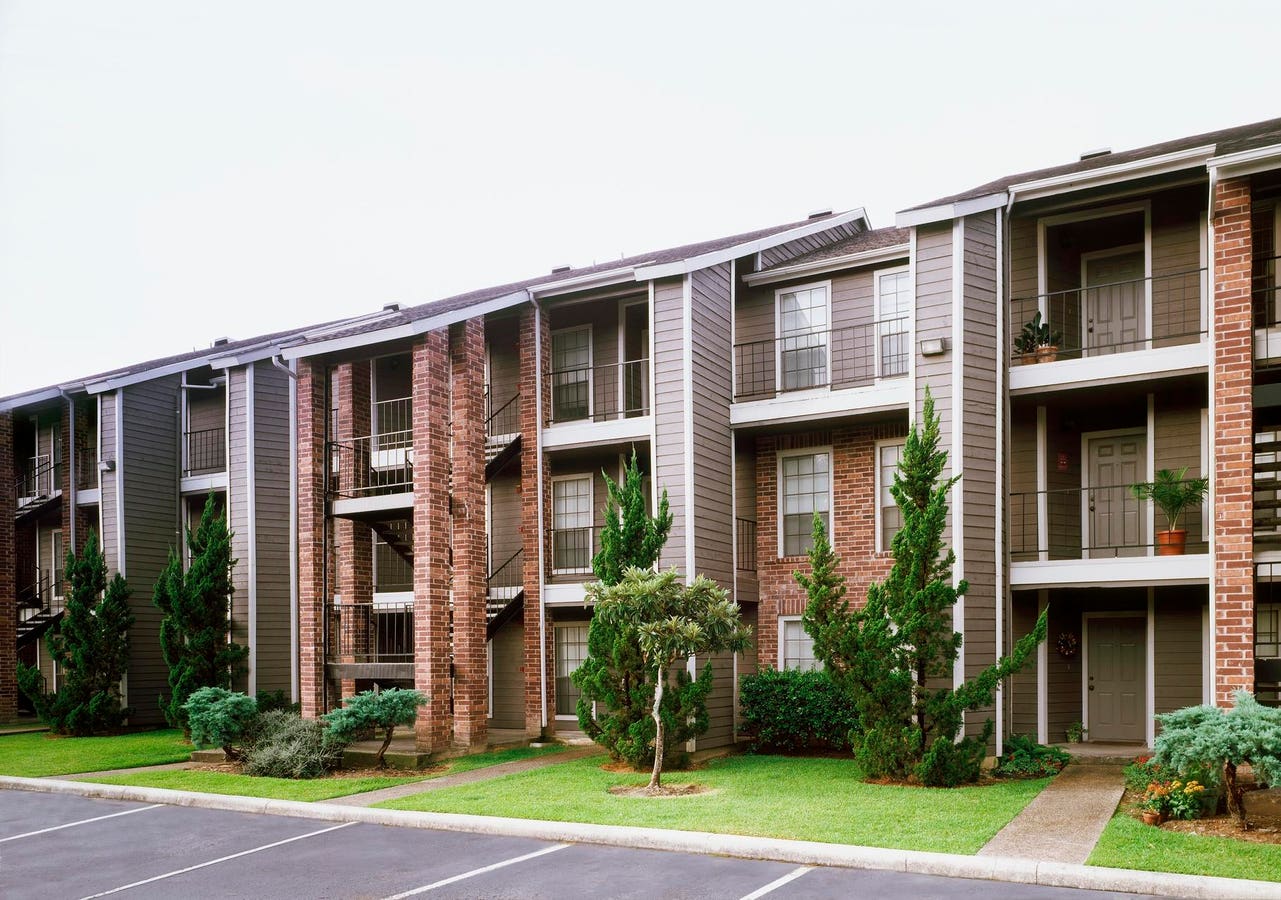David Crown, CEO and Founder of L.A. Property Management Group and Crown Commercial Property Management.
Let’s be honest—when you first jumped into rental property ownership, you probably envisioned passive income flowing in while you kicked back on a beach somewhere. Reality check: Nobody’s managing from a hammock with just a Wi-Fi hotspot and a property management app. There’s a lot more hustle required now to be on top of this game. If you want to truly maximize your rental property’s return on investment, you’ve got to think like a business owner—not just a landlord. That means making smart decisions from day one. Let’s look at the critical big decisions investors make.
Buy Right, Or Regret It Later
One of the biggest factors that determines ROI is how well you bought. In real estate, I always say you make your money on the “buy.” You can’t jump in the way-back machine, so why am I bringing this up? Because if you buy again, keeping this thought at the forefront will serve you well later. Not only does buying right make your life easy from a profit standpoint in the short term, but it also gives you a boost in long-term appreciation. I’m not saying it’s easy to buy below market or at a discount. But you can definitely avoid pulling the trigger on something that simply doesn’t make financial sense, and you can avoid overpaying.
But be careful: While it might be tempting to jump at something that looks to be low priced, if it’s in an area where renters don’t want to live or the property needs endless repairs, that low price tag could come back to haunt you. The best investors analyze the numbers carefully, estimating true rent potential, realistic maintenance costs and likely potential vacancy periods. If the math doesn’t pencil out early, no amount of wishful thinking will make up for it.
Be The Manager Your Property Deserves
Are you the right person to steer the ship? Once you’ve got the property, your ROI depends a lot on how you manage it. And here’s the kicker: Even if you manage it yourself, you’ve still “hired” a property. You’ve effectively said that you’re best suited for the roles of maintenance coordinator, collections department, marketing director and tenant prospect evaluator, all rolled into one. You may fit that role perfectly, and I see it go well for many. But if you let things slip—delayed repairs, ignored calls, vague lease agreements, bad tenant selection—you’re not only frustrating your tenants. You’re also setting yourself up for turnover, damage and lost income, as well as way more time spent on “saving that management fee” than you ever bargained for.
I’m not saying everyone needs a manager. I have many clients who effectively ran their properties for decades before bringing us on. What do they have in common? The best have managed effectively with good structured systems. They have systems for timely maintenance, clear communication and tenant screening (these should weed out the problematic ones before they ever get keys in hand). If you’ve had one, you know that bad tenants aren’t just a hassle; they can also be very expensive.
Minimize Vacancies, The Silent Killers Of ROI
Have you decided to recognize the actual cash drain that vacancies represent? Every day your unit is empty, it’s generating a big fat zero in revenue. So, the goal is to minimize downtime between tenants as much as possible. You knew that. But are you proactively marketing your upcoming vacancy the day you get the notice? Are you inspecting for needed repairs, telling other tenants in the building you’ll pay them a referral fee and so on?
Decide to only use high-quality photos and a well-written description to make your property stand out in a crowded rental market. Also, when prospective tenants reach out, don’t keep them waiting. In the world of rentals, responsiveness can mean the difference between securing a great tenant or sitting vacant longer.
Keep Great Tenants By Being Just As Great
Decide to deliver great service to your tenants to avoid turnover. We’ve already said that turnover hurts ROI. Make the decision now to succeed with speed regarding answering calls, making repairs and all the other things that “serving your tenants” incorporates. You’ve likely worked hard to get good tenants. Do all you can to keep them.
By the way, that doesn’t mean you can’t raise rent. If you’re caring for your tenants well, they should take rent raises much better. The care and feeding of tenants, especially in this market, is an article in itself. But you know the basics. Make sure you’re delivering them.
Make Tech Tools Your New Best Friends
Decide to embrace technology. Tech is another area where a little effort goes a long way. These days, there’s no excuse for collecting rent via personal checks or handling maintenance requests via text at 2 a.m. Property management platforms can automate rent collection, screen tenants, track expenses and even coordinate repairs.
Virtual tours can help you lease units faster without meeting in person, and smart home upgrades like keyless locks and thermostats are increasingly popular with renters. Plus, they can save you time and money in the long run. The more you can automate and streamline, the more efficient—and profitable—your operation is likely to become.
Don’t Just Own—Operate Like A Pro
Ultimately, the biggest difference between a mediocre landlord and a high-ROI investor is mindset. You’ve got to treat your rental like a business, not a side hustle. That means knowing your numbers inside and out—your cap rate, cash flow, return on equity and projected appreciation.
It also means planning ahead for maintenance, budgeting for capital improvements and staying up to date with local laws and market trends. Savvy investors build a team around themselves. You don’t have to go at it alone—and frankly, you shouldn’t. As I said to begin with, it’s all about systems, and if your systems lean on the best people available, you’ll be setting yourself up to succeed.
Forbes Business Council is the foremost growth and networking organization for business owners and leaders. Do I qualify?







